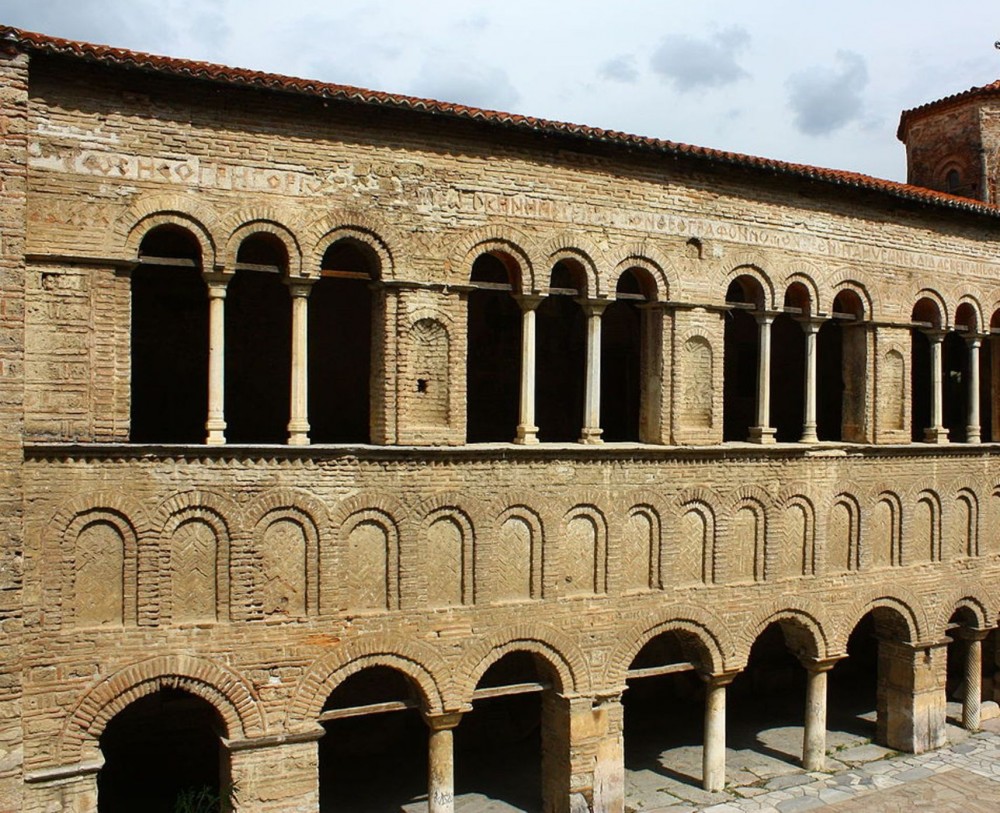
Nationalist thought and movements starting to spread in the Balkans in the 19th century turned to be a reformation program for the Rumelian lands with the Berlin Treaty in 1878. While it was predicted to establish an independent administration in the region, implementation of the planned reformation would be given to an international commission based on the European military power. The competition experienced in the Balkans caused an issue called “Macedonia Question” in the last quarter of the 19th century. Thus, while the community of each different church was being accepted as a part of a different nation in Macedonia, various regions were turned into a domain of a different European state. The region was converted into an area of crisis in line with the benefits of European states. Within this period, the USA also took action in order not to become distanced from the developments in the region and to make its presence felt in the existing political environment. One of the most powerful trump of the USA was undoubtedly the missionaries in directing the policies for Macedonia. The basic purpose in the present study is to reveal the effort of the USA to make its presence felt through the Protestant missionaries within the conflict of interest of the European states in Macedonia and especially in Monastir Province defined as the “Crossroads of the Balkans” and the “Heart of Macedonia”. Revealing of the activities of the American missionaries in the area makes it possible to detect the efforts of the USA for taking part in the political developments in the area through the missionaries and to understand its activity. The other aim of the research is to reveal the efforts to demonstrate inefficiency of The General Inspectorate of Rumelia (Rumeli Umumi Müfettişliği) established in 1902 and essentially the Ottoman government and to use the missionaries as an excuse for the intervention to Macedonia by the USA. In this scope, komitajıs efforts to create opportunities for the intervention of England and the USA in the Rumelian affairs by making plans such as organising a bombing attack to a domicile of an American missionary in the Monastir or murdering a British consul or informer have been evaluated. The cautions taken by the Ottoman authorities in this situation have also been investigated. The current study was based on the period from 1873 when the American Protestant missionaries started their activities first in Monastir to 1913 in which the Ottoman Empire lost the control of the city and then it entered into the dominance of Serbians. The documents available in the Ottoman Archive have been the main sources of the study. Moreover, reports of the missionaries and other sources providing information related to the activities of the American Protestant missionaries in the Monastir Province have also been taken into consideration.
Source: Şahin G. (2019). An Intervention Tool of the USA in Macedonia during the end of the 19th Century and the beginning of the 20th Century: Protestant Missionaries. History Studies. International Journal of History. Vol.11. Is.1: 319-345
Number of views: 3122